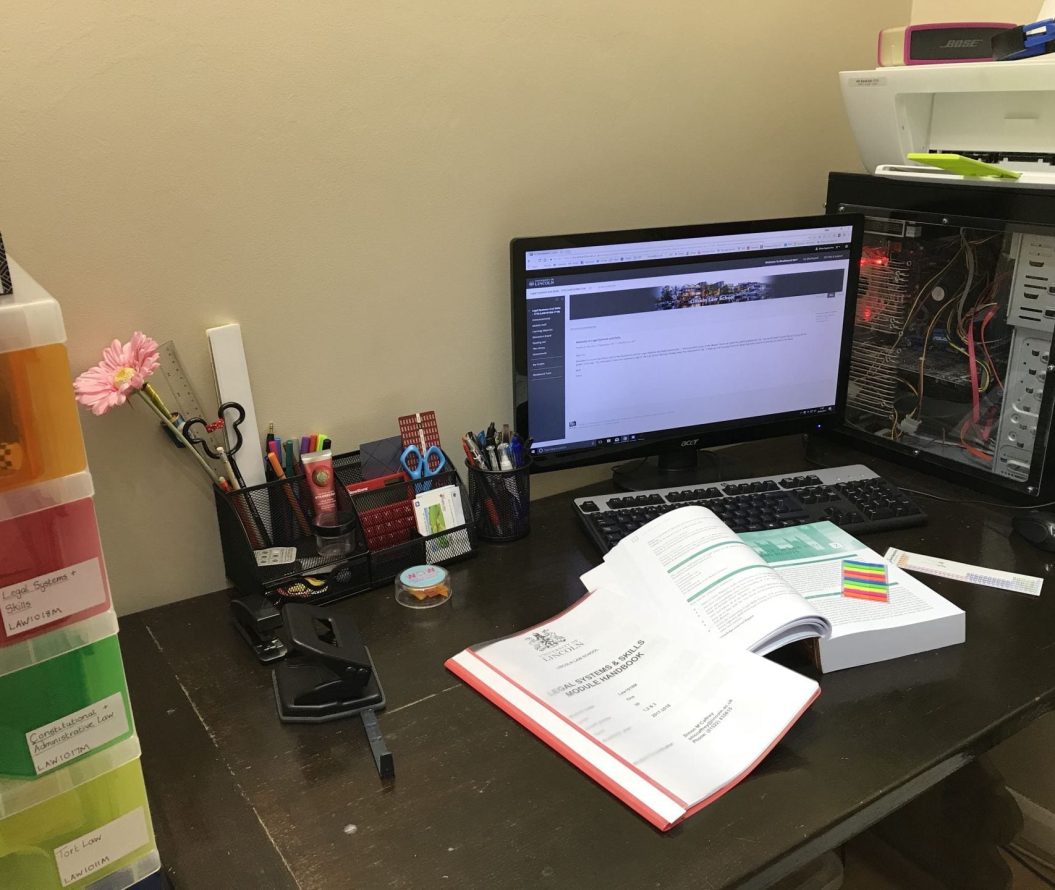Hi, I'm Sonali! I am a final year student studying a MChem Chemistry degree at the University of Lincoln. In my spare time I like singing, writing my own songs and playing badminton. I am also passionate about raising money…

Are you unsure of which degree course is right for you? Read on to find out more about my experience and some advice on how to tackle this big decision.
My Experience
I worked my way backwards, I first started with my goal. Then I thought about the jobs; this involved researching: if there are jobs and what types are available in this field, as well as, which career and what industry I would like to work in the future. From my experience, researching the course before-hand has really helped me a lot as I could exactly work out what career path I wanted to take, which lead to the different courses that were on offer. Therefore, I would definitely recommend you researching, before you choose a degree course.
What course is right for me?
It is very important you select a subject that you will enjoy and will help you to achieve your goals. Here are some top tips to help you choose the right degree course:
- Explore different jobs and graduate career options to help you decide what you would like to do as a future career, once you have finished studying.
- What do you enjoy day-to-day – this can help you decide whether studying a degree course in this subject is suited to you and if a future career in this field is right for you.
- As part of the person specification of the job, look at the qualifications required and the career goals alongside this.
- Attend university open days and look at the prospectuses; this will help you to get an idea of the types of subjects in this field you could study, as well as the modules covered, teaching, assessment and the type of industries which graduates have secured jobs in.
What types of degree courses are out there?
There are different types of degree courses out there, which are comprised up of modules (core and optional) and add up to a full degree, here are some examples:
Undergraduate degree courses
Batchelors degree courses – These include the typical Bachelors of: Science (BSc), Arts (BA) and Medicine (MB) which usually last for three or four years. You can study a single subject, a join honours degree, or even a combined honours degree. Some bachelor’s degrees offer a sandwich year, which involves completing a 1-year placement in industry.
Universities also offer degrees which include an integrated masters. Here, the master’s is taught at an undergraduate level and then you usually continue for an extra year where then at the end you are awarded a master’s degree.
Postgraduate degree courses
Taught courses – Usually lasts for 1 year and the final assessment is based on a submission of a research based dissertation project.
Research degree – Aimed at graduates who have already obtained a master’s degree. Students undertake a research project under the guidance of an academic supervisor and the final submission is based on a thesis.
PhDs – Usually lasts for three or four years. However, the deadline for the thesis can also be extended up to four years at the institution’s discretion.
How do you like to study?
Hopefully by now you should have some idea of how you prefer to study. Some people like final exams and others prefer regular assignments to keep them busy throughout the year. Some like theory and others enjoy the practical hands-on experience, choose a course which suits your study and learning style and one you will be more confident in your success.
What’s important to you?
Make a short list of the top five features you are looking for in a degree course. This could include: Teaching Excellence Framework (TEF), research facilities, student satisfaction ratings and support available, social life, practical experience and placement opportunities… there are so many criteria’s and what may be right for you may not be for somebody else.

You can always change your mind!
This is an important decision, if you get there and change your mind and think you’ve made a mistake, it’s never too late! Talk to the student councillor on the campus and explore if there are better options that will suit you. Don’t spend the next three or four years of your life staring at books you have no interest in. It’s all about your passion – be passionate, have motivation and don’t give up and you will succeed!
- Topics
- Help and Support








